Essentials for The DevOps Mindset
Many IT professionals today struggle with adapting to change and disruption. Are you struggling with just trying to keep the lights on, so to speak? Do you feel overwhelmed? This is not uncommon. Today, the status quo is not enough, so IT constantly tries to reinvent itself.

With over 50 years of combined IT experience, we have witnessed how important people and relationships are to IT’s ability to be effective and help the business thrive. However, most of the time, our conversations about IT solutions start with technology rather than people and processes. The propensity to look for a “silver bullet” to address business and IT challenges are far too common. But you can’t just buy innovation, DevOps, or effective teams and ways of working; they need to be nurtured, supported, and guided.
With disruption so prevalent and there is such a critical demand for speed of change, we need both discipline and guardrails. The five essential values for the DevOps mindset, described below, will support the practices that will get us there. These values are not new ideas; they are refactored as we’ve learned from our experience. Some of the values may be interchangeable, they are flexible, and they guide overall principles that support these five values.
1. Feedback Is Essential:
How do we know if we are creating more value for us than for our stakeholders? We need persistent quality data to analyze, inform, and drive better decisions. Relevant information from trusted sources is vital for any business to thrive. We need to listen to and understand what our stakeholders are saying and not saying and we need to implement changes in a way that enables us to adjust our thinking and our processes and technologies and adapt them as needed to delight our stakeholders. Too often, we see little change, or lots of change for the wrong reasons, because of incorrect information. Therefore, aligning change to our stakeholders’ feedback is an essential value and helps us focus on what is most important to making our company successful.
2. Improve beyond The Limits:
We want our products and services to continuously delight our customers our most important stakeholders therefore, we need to improve continually. This is not only about quality; it could also mean costs, availability, relevance, and many other goals and factors. Creating repeatable processes or utilizing a common framework is great they can improve governance and a host of other issues however, that should not be our end goal. As we look for ways to improve, we must adjust our processes, complemented by the right tech and tools. There may be reasons to throw out a “so-called” framework because not doing so could add waste or worse, simply doing something with of no value or purpose.
3. No New Silos to Break Down Silos:
Silos and DevOps are incompatible. We see this all the time: an IT director brings in so-called “experts” to implement agile and DevOps, and what do they do? These “experts” create a new problem on top of the existing problem, which is another silo added to an IT department and a business riddled with silos. Creating “DevOps” titles goes against the very principles of agile and DevOps, which are based on the concept of breaking down silos. In both agile and DevOps, teamwork is essential, and if you don’t work in a self-organizing team, you’re doing neither of them.
4. Cross-Organization Collaboration:
No part of the business is an independent entity because they all have stakeholders, and the primary stakeholder is always the customer. “The customer is always right”. The point is, without the customer, there really is no business, and to stay in business today, we need to “differentiate” from our competitors. We also need to know how our customers feel about us and what they want from us. Knowing what the customer wants is imperative and requires timely feedback to ensure the business addresses these primary stakeholders’ needs and concerns quickly and responsibly.
5. Inspire Adoption Through Enthusiasm:
Not everyone is driven to learn, adapt, and change; however, just like smiles can be infectious, so can learning and wanting to be part of a culture of change. Adapting and evolving within a culture of learning provides a natural mechanism for a group of people to learn and pass on information (i.e., cultural transmission). Learning styles, attitudes, methods, and processes continually evolve so we can improve upon them. The next step is to apply what was learned and improved and share the information with colleagues. Learning does not happen automatically; it takes effort, evaluation, discipline, awareness, and especially communication; unfortunately, these are things that tools and automation alone will not provide. Review your processes, automation, tool strategies, and implementation work, make it transparent, and collaborate with your colleagues on reuse and improvement.
Summary
As our companies adopt DevOps, we continue to champion these five values over any book, website, or automation software. It takes time to adopt this mindset, and this is very different than what we used to do as sysadmins. It’s a wholly new way of working that will take many years to mature. Do these principles align with your own? Share them in the comments or on our website, http://45.33.92.219/and https://dotmantech.com .
Clarity is proud to have been providing DevOps Consultancy and help companies implementing CI/CD Culture to North America for many years including with clients worldwide offering our unified communications platform. Clarity Technologies Group, LLC surpasses expectations


Call Clarity at 800-354-4160 today or email us at [email protected] . We are partnered internationally around the globe and we are open seven days a week 8:30 AM to 5:00 PM EST/EDT. http://45.33.92.219/and https://dotmantech.com .
[mc4wp_form id=”314″]
